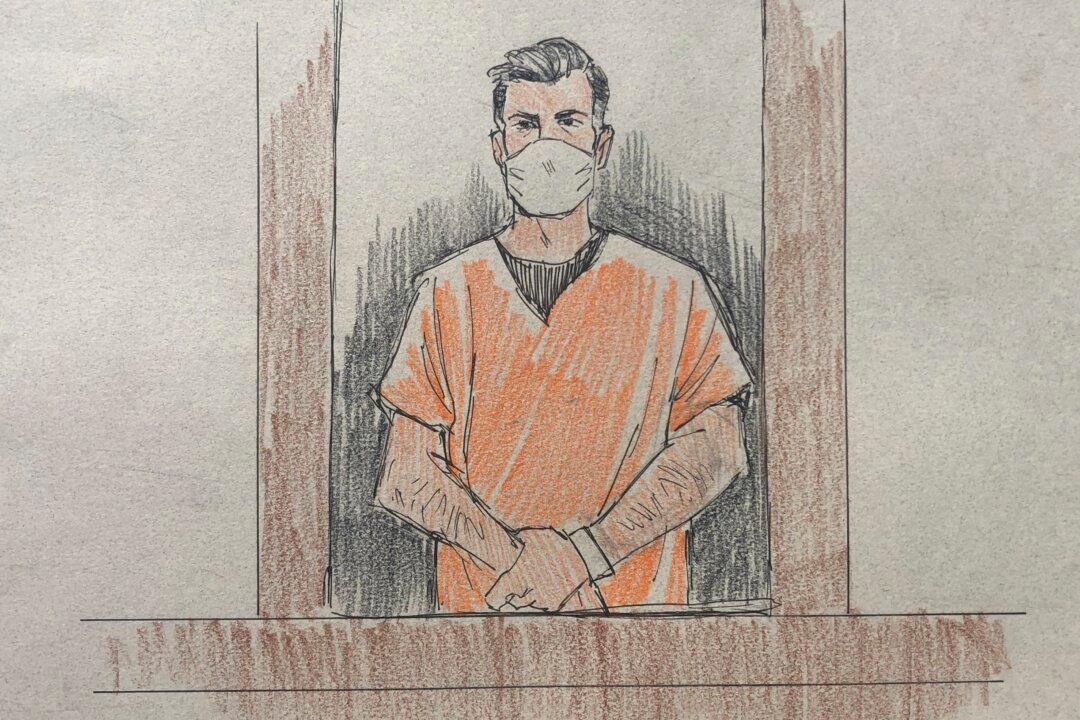The attorney for one of the four police officers charged in George Floyd’s death wasn’t just watching while Floyd died, the officer’s attorney said.
Asked how it’s possible that his client “stood by and watched” as Floyd struggled to breathe as a Minneapolis police officer knelt on the man’s neck, attorney Earl Gray disputed the characterization.





